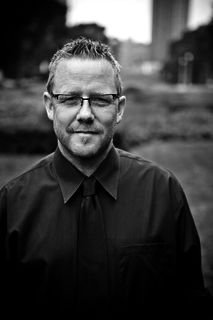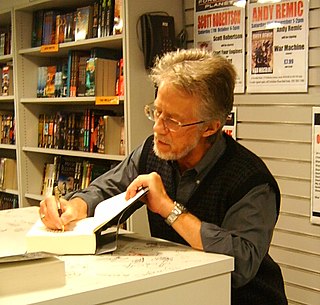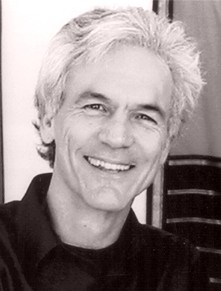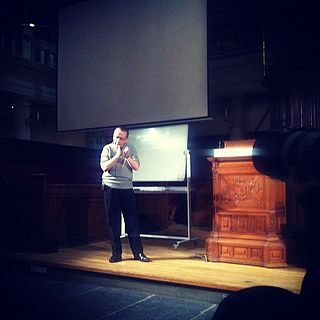A Quote by Carl Sagan
Both the Freudian and the Platonic metaphors emphasize the considerable independence of and tension among the constituent parts of the psyche, a point that characterizes the human condition.
Related Quotes
Literature gives us models of living human beings who may not agree with us and even be our enemies. D. H. Lawrence said that the purpose of literature was to expand our sympathies. To be a human being is to be in a state of tension between your appetites and your dreams, and the social realities around you and your obligations to your fellow man. And this conflict cannot be easily reconciled. The tension is always there as a kind of a pain in the human condition.
Audiences like to be made to feel that there is a world where things go right: where big emotions can happen and yet feel safe. This is why there is a constant tension in Hollywood between studios who want happy endings and writers who want to explore the human condition. There is a time and a place for both!
The development doctrines are doing much harm on both sides of the Atlantic, especially among intelligent mechanics, and a class of young men engaged in the subordinate departments of trade and the law. And the harm, thus considerable in amount, must be necessarily more than merely considerable in degree. For it invariably happens, that when persons in these walks become materialists, they become turbulent subjects and bad men.
Viewing Israelis and Palestinians from a psychological perspective, they would both be seen as victims of abuse; that is how they both understandably feel, and it's how they both understandably behave. The Jewish psyche is in victimized reaction to the Holocaust, and the Palestinian psyche is in victimized reaction to the Israelis.




































